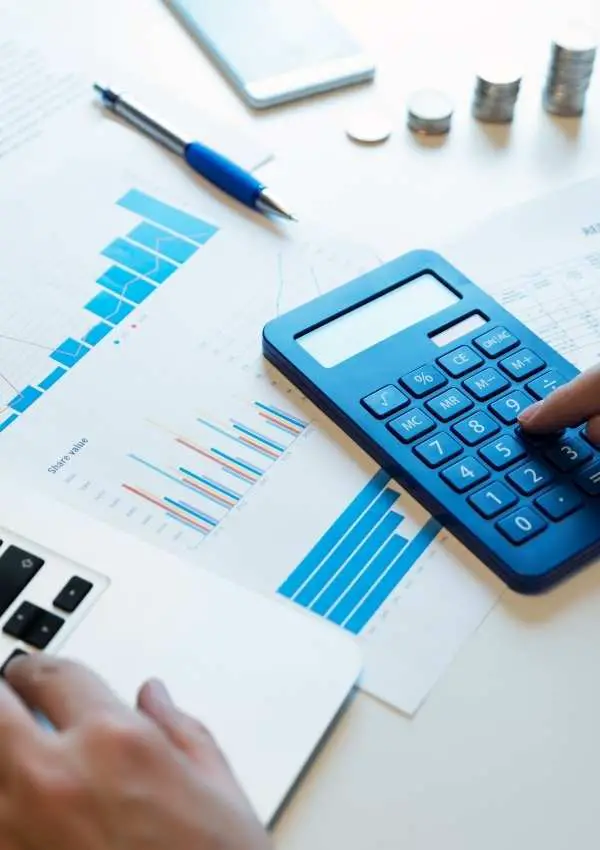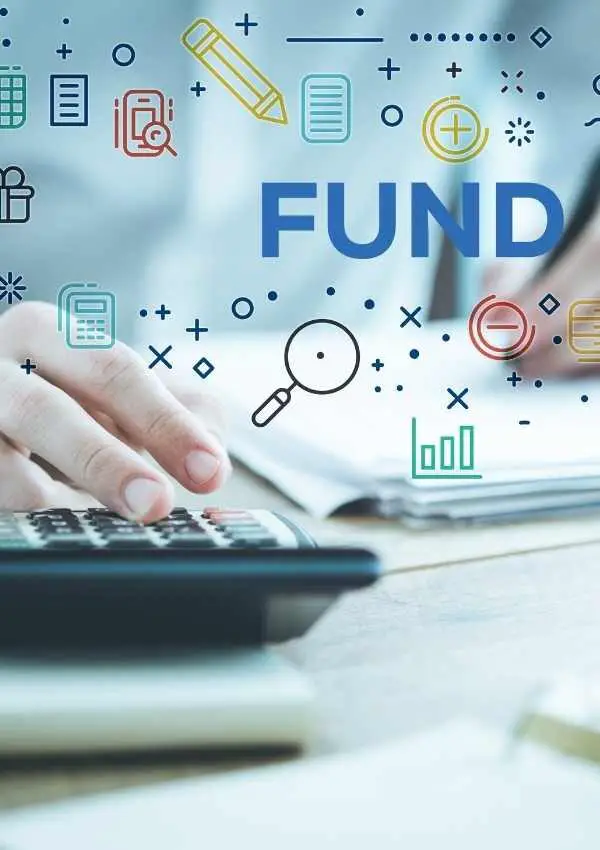We may earn money or products from the companies mentioned in this post.
Whether it’s a once-in-a-lifetime vacation or a daily commute, your budget will take a hit if you don’t plan for expenses like travel, food, and entertainment. I use a budget journal like this.
But with so many costs to consider — from day-to-day essentials like groceries and utilities to one-off expenses like home repairs and new clothes — it can be difficult to keep track of everything in your budget. Fortunately, with the help of personal finance software, managing your monthly spending is easier than ever before. With the right tools at your disposal, it’s also much easier to stay on top of every category of expense you might encounter throughout the year.
But as any fiscally savvy person knows, it takes some time to get into the groove of recording every penny spent. The good news is that there are common categories that tend to slip through the cracks for most people. If you want to avoid any unnecessary surprises come tax time, here are some areas where you may be able

Travel
If you’re working to track daily expenses, travel expenses are some of the most difficult to track. That’s because travel expenses vary based on where you go, when, and how you get there. As a result, it’s difficult to predict how much your travel costs will be.
And even if you do have a general idea of the costs associated with your travel, it’s easy to forget about them when managing your budget. That’s because travel expenses are often one-off costs that don’t occur on a regular basis.
That said, travel expenses can be broken down into three categories: transport, lodging, and food. To make tracking these expenses easier, it’s best to have a separate travel budget in your personal finance software. That way, you can easily see how much you’ve spent on travel.
Food
Many people don’t budget for groceries, but those costs can quickly add up. According to a survey by the Consumer Federation of America, the average American household spends $3,000 a year on groceries. That’s $100 more than the $2,900 the average household spent in 2017.
Even though the average household spends $3,000 a year on groceries, not everyone budgets for groceries. A survey by the National Institute of Financial Education found that 40% of Americans don’t include groceries in their budget. That means the $3,000 the average household spends on groceries is more than $1,000 for the other 60% of households.
Home Repairs
From replacing the roof to fixing the heating system, home repairs are one of those things you hope never happen. But if they do, you’ll want to be prepared. Home repairs are notoriously difficult to track because they’re such a varied expense. Not only are there different types of repairs you might need, but there’s also no way to predict when you might need one.
That said, home repairs can be budgeted for in two ways. The first is to create a separate repair fund in your personal finance software. The second is to include a percentage of the overall value of your home in your monthly expenses.
Entertainment and Events
While travel expenses are often difficult to budget for, entertainment and event expenses are even harder to track. That’s because there are no regular expenses associated with entertainment and event costs are varied. To make sure you’re factoring in entertainment and event costs in your budget, set aside a specific amount each month.
That way, you’ll have enough to cover the occasional event or outing with friends as well as smaller things like a daily cup of coffee.
Clothing and Shoes
Like entertainment and event costs, clothing and shoe expenses are varied and difficult to budget for. They also fall into a category of things that tend to be one-off costs. That means they’re often not included in budgets, which can lead to overspending.
That said, the occasional clothing purchase is likely to happen. If you’re unsure how much you should budget for clothing and shoe expenses, start by tracking your spending for one month.
Conclusion
There are tons of different expenses you may not be thinking about when it comes to budgeting. If you want to make sure you’re prepared for every situation, it’s important to track every type of expense you can. That way, you’ll have a clear idea of where your money is going on a regular basis. And when unexpected expenses pop up, you’ll be prepared. Now that you know the common categories you might be forgetting to budget for, it’s time to get started. Create a budget that includes all of your expenses, no matter how small they may be. From there, it will be easier than ever to stay on top of your finances.




Leave a Reply